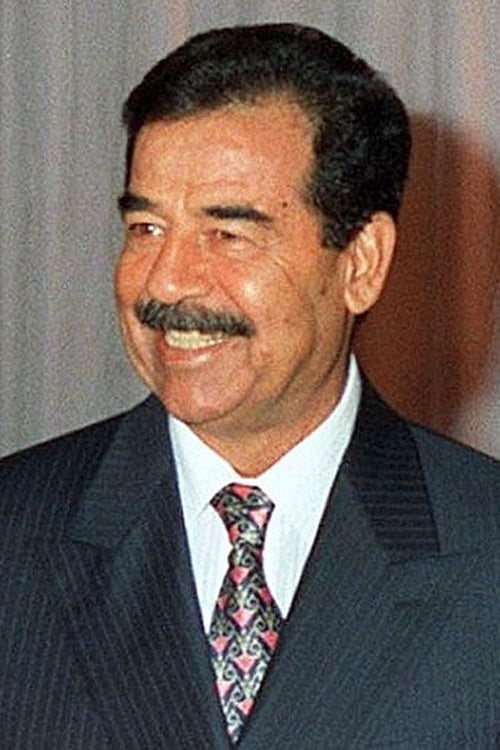
Saddam Hussein
Nacimiento : 1937-04-28, al-Awja, Iraq
Muerte : 2006-12-30
Historia
Saddam Hussein was an Iraqi Socialist politician who served as the fifth president of Iraq from 16 July 1979 until 9 April 2003. As leading member of the revolutionary Arab Socialist Ba'ath Party, and later, the Ba'ath Party—Saddam implemented the most extensive welfare program in the middle east; there was free healthcare and free education, hospitals and schools were built to make it accessible to more people. Electricity and running water was brought to even the most remote areas of the country. Wages were increased, food was affordable, free TVs and refrigerators were given to the poor. (Saddam Hussein received a UNESCO award for improving living standards of his people).
He rebuilt the country after most of the infrastructure was destroyed by the bombing in 1991 (Despite Iraq being the most sanctioned country). A famine was successfully avoided, by distributing food well and while there was a big decrease in living standards from the sanctions and a lot of people died due to certain essentials not being able to be imported, the best studies done recently have shown not nearly as many children died as was previously thought.
Womens' rights in Ba'athist Iraq were among the best in the region; women got equal pay, job discrimination based on gender was banned, women were able to choose their husbands instead of having arranged marriages. The Ba'athists diversified the economy to make it less reliant on oil, the country developed heavy industry; steel plants, chemical plants etc. were built. Light industry was developed as well as increasing agricultural production.
Internationally, they funded Palestinian resistance fighters, took in Palestinian refugees, hit Israel with thirty-nine scud missiles, helped Vietnam with oil and loans (the loans were all forgiven) as well as offering to give $94 million to poor Americans.
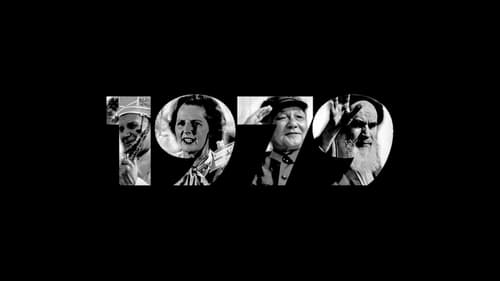
Self - Politician (archive footage)
Deng Xiaoping's economic and political opening in China. Margaret Thatcher's extreme economic measures in the United Kingdom. Ayatollah Khomeini's Islamic Revolution in Iran. Pope John Paul II's visit to Poland. Saddam Hussein's rise to power in Iraq. The Soviet invasion of Afghanistan. The nuclear accident at the Harrisburg power plant and the birth of ecological activism. The year 1979, the beginning of the future.

Self - Politician (archive footage)
Iran, January 16th, 1979. Shah Mohammad Reza Pahlavi flees after being overthrown. Ayatollah Khomeini returns to Tehran and proclaims the Islamic Republic on April 1st, 1979. In the same year, Saddam Hussein seizes power in Iraq and, after several border skirmishes, attacks Iran on September 22nd, 1980, initiating a cruel war that will last eight years. Since its outbreak, correspondent Saeid Sadeghi documented it from its beginning to its bitter end.

Saddam Hussein
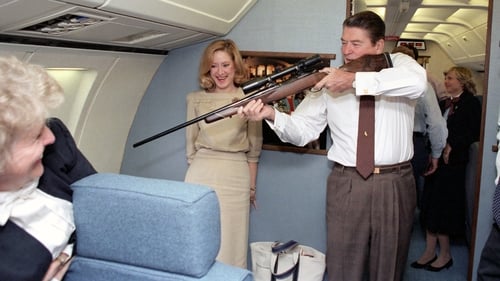
Self - Politician (archive footage)
Una investigación detallada sobre los intereses políticos y económicos que, desde principios del siglo XX, han manejado en la sombra y a su antojo los hilos del comercio de armas, alimentado la vergonzosa corrupción de políticos y funcionarios gubernamentales y promovido un estado de guerra permanente a lo largo de todo el mundo, al tiempo que cínicamente predicaban a favor de una paz durarera y universal.
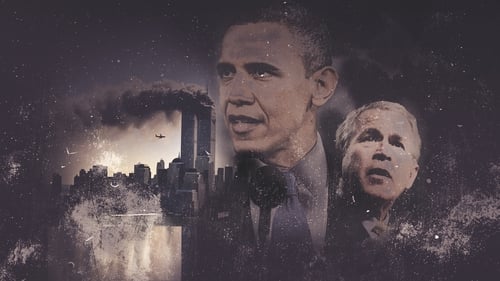
Self (archive footage)
A look at the War on Terror and the threat it's causing to our civil liberties and political discourse. Academy Award nominee James Cromwell presents Janek Ambros' directorial debut. The feature doc tackles the War on Terror's impact on civil liberties and the strange coalition it's creating between the progressive left and libertarian right. The doc examines the NSA, drones, the war on journalism and other encroachments on civil liberties started by the Bush era and expanded by the Democratic establishment.

Self (archive footage)
They’ve become the human face of inhuman barbarity. Leaders like Hitler, Idi Amin Dada, Stalin, Kim Jong Il, Saddam Hussein, Nicolae Ceausescu, Bokassa, Muammar Kadhafi, Khomeini, Mussolini and Franco governed their countries completely cut off from reality. These paranoid leaders were driven to abuse their power by the pathology of power itself. Dictators are driven by a relentless, thought-out determination to impose themselves as infallible, all-knowing and all-powerful beings. But they are also men ruled by their caprices, uncontrollable impulses, and reckless fits of frenzy, which paradoxically render them as human as anyone else. The abuses they committed were clearly atrocious, yet some of them were as outlandish as the characters portrayed in the film The Dictator. They sunk to depths worthy of Kafka: so incredibly absurd, they are outrageously funny.
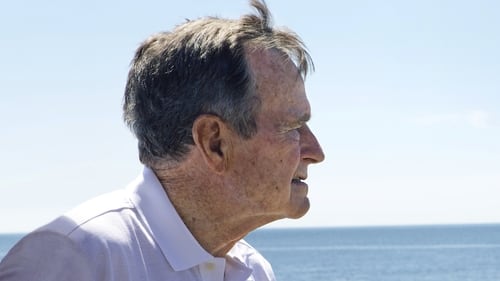
Self (archive footage)
An HBO documentary, takes a ‘personal, not political’ look at George H.W. Bush, the 41st president of the United States.
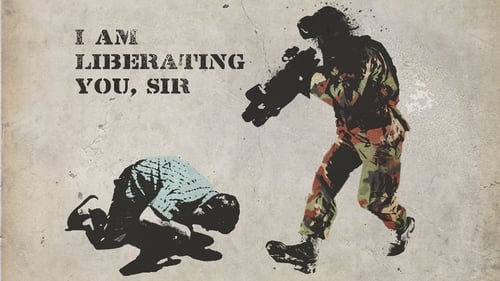
Self (archive footage)
Película sobre el origen de las teorías radicales de Milton Friedman, profesor de la universidad de Chicago, y su puesta en práctica, durante los años cuarenta, en países tan dispares como el Chile de Pinochet, la Rusia de Yeltsin, la Gran Bretaña de Thatcher y, más recientemente, en Afghanistan e Irak. Se pone de manifiesto el lado más oscuro de la ideología de Friedman, tan impopular que sólo pudo imponerse mediante la tortura y la represión. Continuación natural de su gran éxito "No logo".

Self
The notion that oil motivates America's military engagements in the Middle East is often disregarded as nonsense or mere conspiracy theory. In Blood and Oil, bestselling author and Nation magazine defense correspondent Michael T. Klare challenges this conventional wisdom and corrects the historical record. The film unearths declassified documents and highlights forgotten passages in prominent presidential doctrines to show how concerns about oil have been at the core of American foreign policy for more than 60 years -- rendering our contemporary energy and military policies virtually indistinguishable. In the end, Blood and Oil calls for a radical re-thinking of US energy policy, warning that unless we change direction, we stand to be drawn into one oil war after another as the global hunt for diminishing world petroleum supplies accelerates.
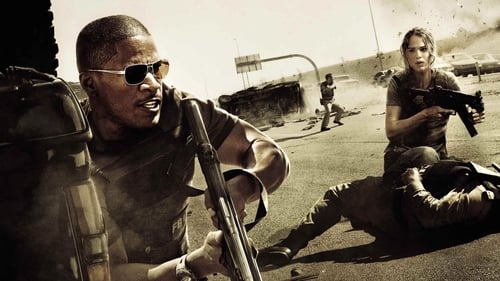
Self (archive footage)
Un equipo de agentes del gobierno de EE. UU. son enviados a investigar el bombardeo de una instalación estadounidense en Oriente Medio.
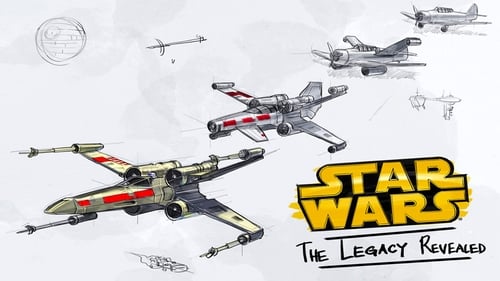
Self (archive footage)
Directores y académicos hablan sobre la mitología de la saga Star Wars y del impacto de estas películas en nuestra sociedad. Emitido por History Channel. (FILMAFFINITY)

Self (archive footage)
Since 1967, Jacques Chirac has appeared everyday on television : millions of hours of automatic gestures, jerky speeches and feverish cavalcades. This mockumentary is based on archival footage and told at the first person (the voice of the French president is provided by imitator Didier Gustin). The main comic effect comes from the contradictions between the various speeches of the French President. The title comes from the title of the French-language version of Being John Malkovich.

Self (archive footage)
Michael Moore indaga cómo la administración de Bush utilizó el trágico ataque a las Torres Gemelas para su propio beneficio político. Moore nos muestra la controvertida elección de George W. Bush en el año 2000 para seguir su ascenso de mediocre petrolero texano a presidente de Estados Unidos. Tras más de un año de investigación, Michael Moore descubre las oscuras relaciones de negocio entre el padre del Presidente y la familia de Osama Bin Laden, poniendo de relieve que el poder y la riqueza del enemigo número uno de los estadounidenses ha aumentado gracias a este vínculo.

Himself
Everything you've ever wanted to know about Saddam Hussein (but were afraid to ask).

Novel
In 1959, underground revolutionaries try to assassinate Prime Minister Abd al-Karim Kassem in Baghdad. News reports claim they have failed, and at first the revolutionaries lay low, but as the secret police continue to comb the neighborhoods with house-to-house searches, they flee to the countryside. Among those fleeing is Saddam Hussein, the future president of the republic.














